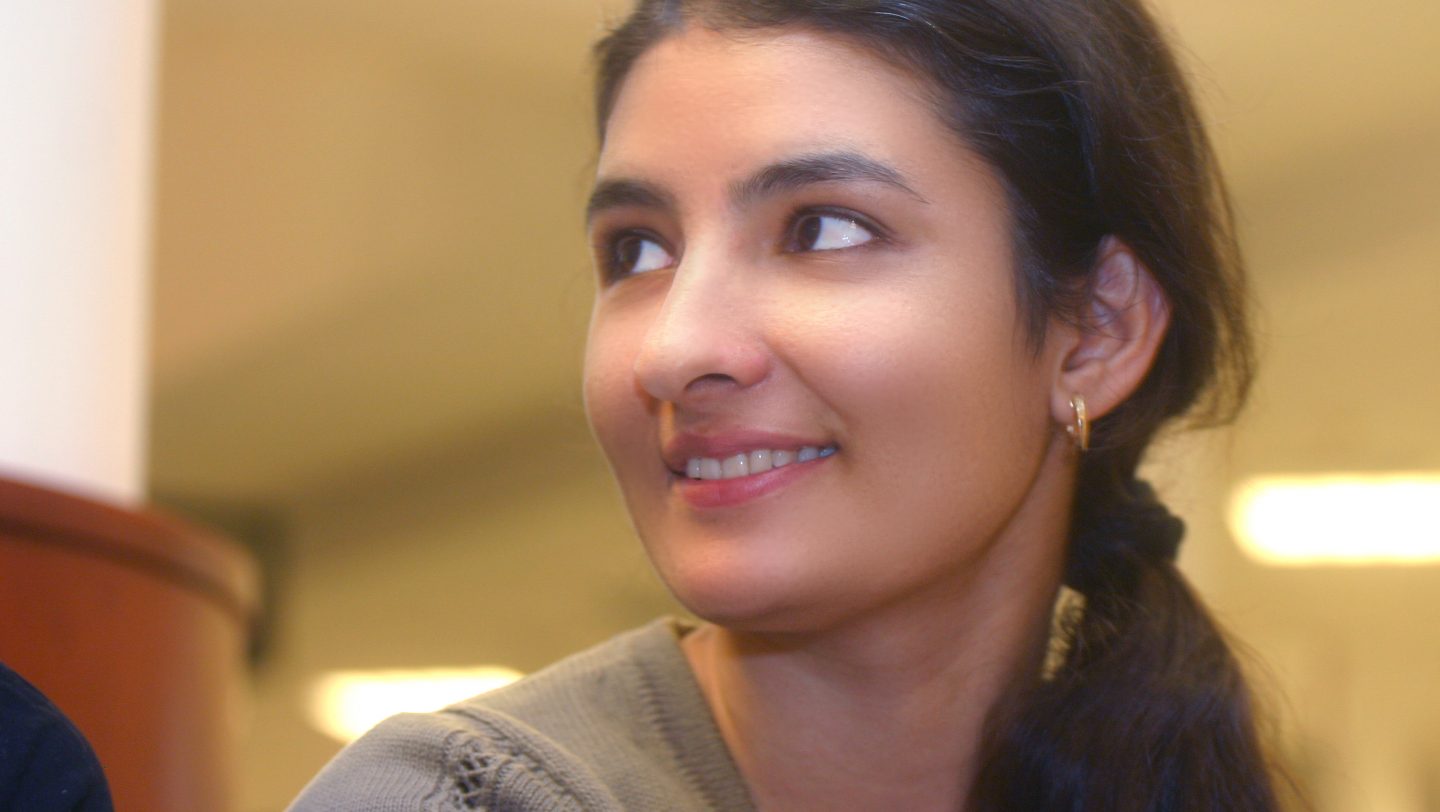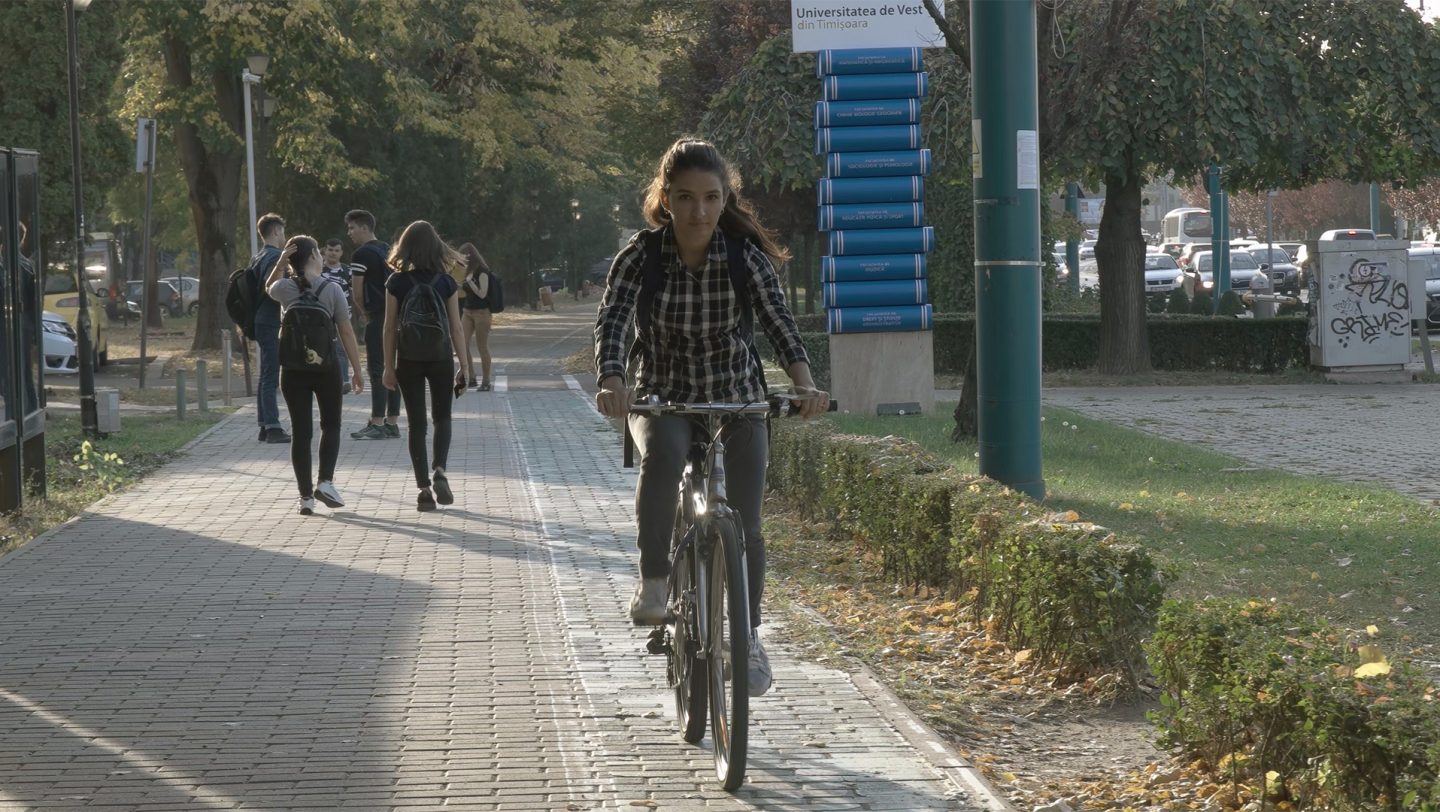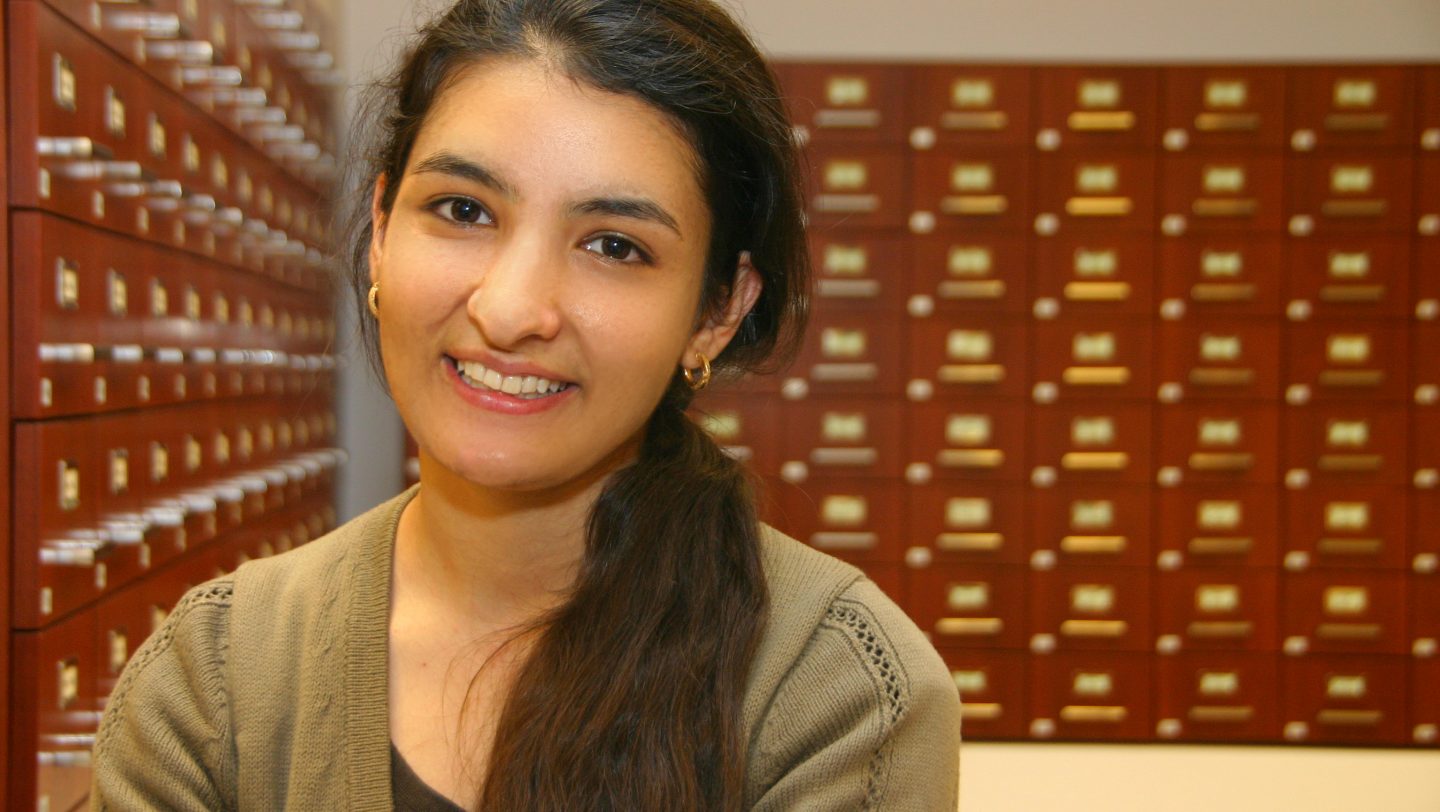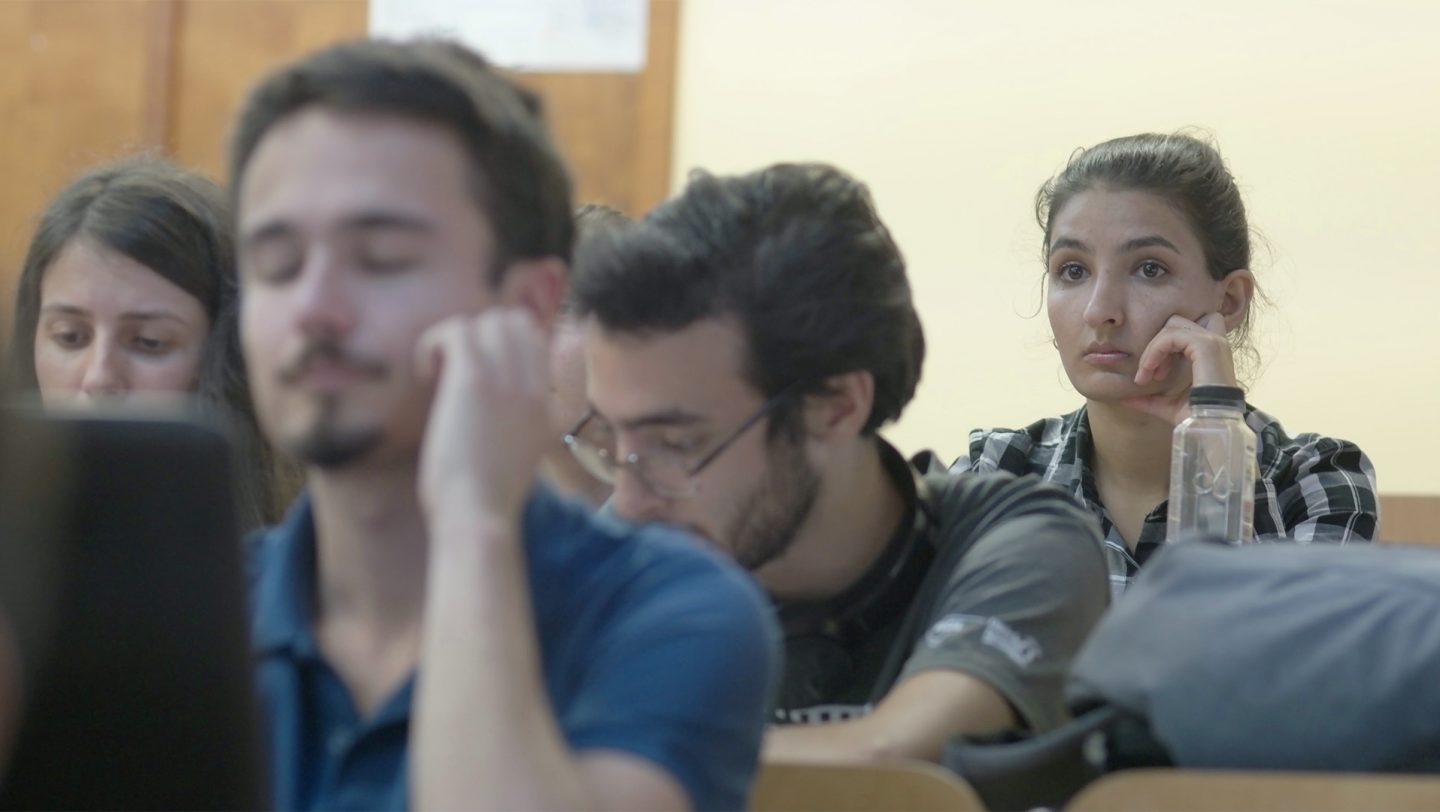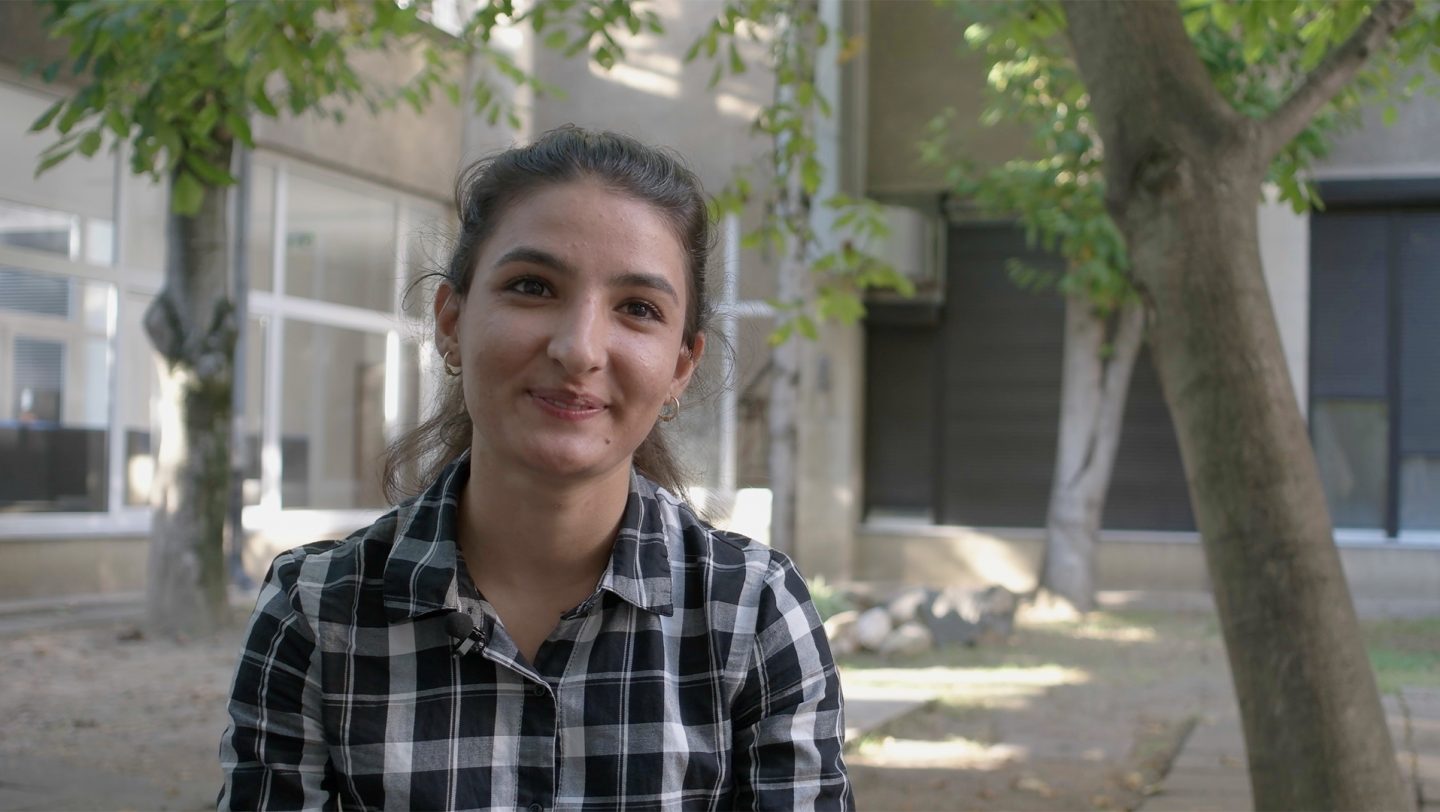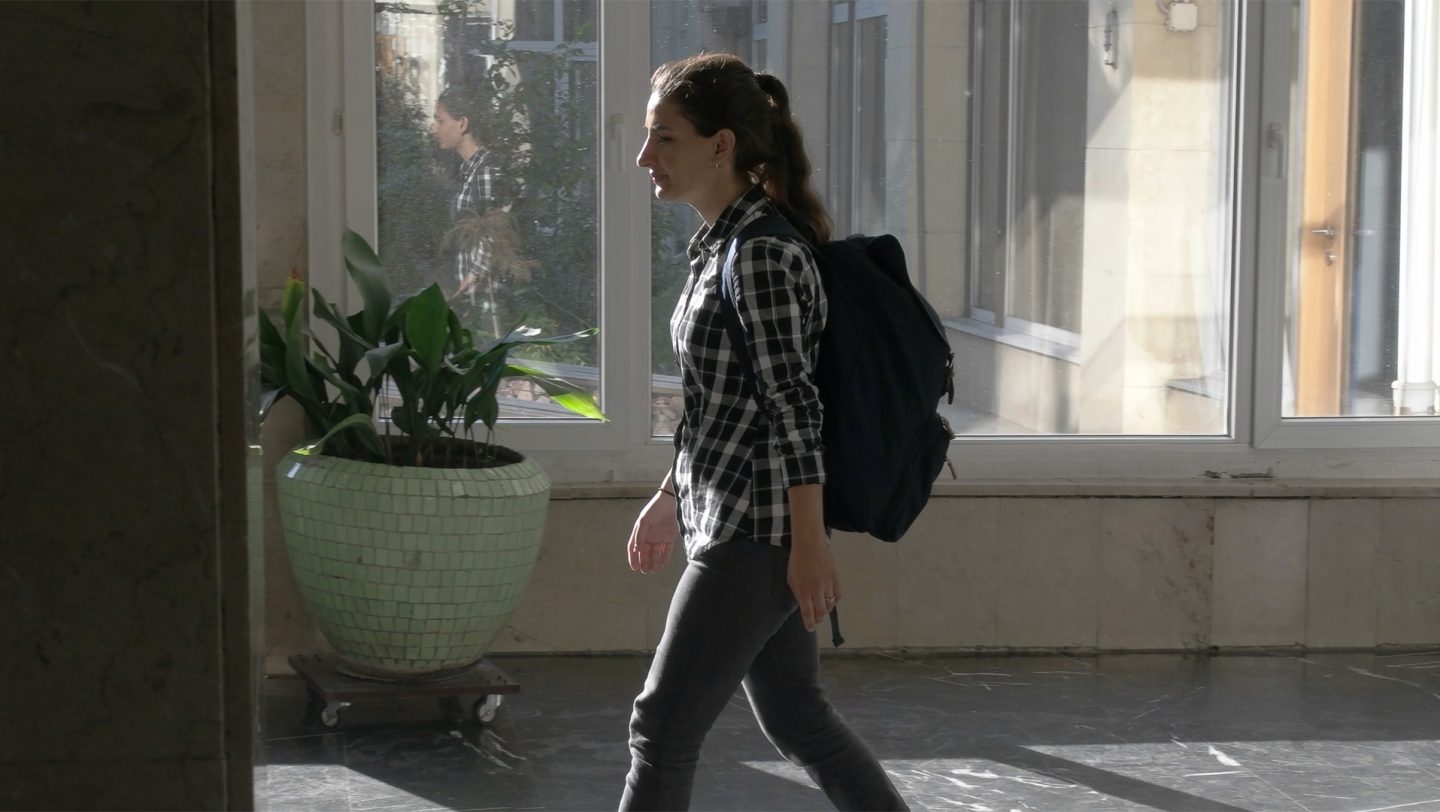Afghan refugee student wins scholarship from Romanian university
Fareshta has received a grant that will relieve financial pressure and boost her chances of success on an IT course at university in Timișoara
The clatter of pans and aroma of garam masala fill the communal kitchen of the campus house. Curry with rice and chicken, yogurt and turmeric — everyone knows when Fareshta is cooking.
She’s been doing it since she was a teenager in Herat, Afghanistan. There it is normal for youngsters to start cooking for their families from the age of 14. Her face lights up when she uses chilly pepper and cumin in the small student kitchen in Timișoara. Cooking is one of the few things that remind her of home.
Fareshta, 22, is studying Computer Science in English at the West University of Timișoara (WUT). And she has just received a grant that will make her pressurised life a whole lot easier.
WUT has signed a protocol with UNHCR, offering scholarships for students with official refugee status.
I was mother and father to the whole family. I worked, cooked and cleaned; I did everything I could to help
“We have a lot of students from vulnerable countries like Syria, Pakistan and Afghanistan,” says Professor Marilen Pirtea, Rector of WUT. “Our wish to give them the chance to integrate materialised into this newly established scholarship.” Fareshta is the first recipient of the scholarship, which will be given annually.
It has been a huge struggle for Fareshta to reach this point.
Back in Afghanistan, the twin torments of repression and lawlessness make enrolment in education very difficult for many youngsters, especially girls. Fareshta, the precocious daughter of a teacher and a journalist, was lucky and having started school at five, went on to higher education.
But when she was 17, Fareshta’s life was turned upside-down. With a heavy heart, she had to drop out from her first year of economics studies at Herat University. She and her family had taken the difficult decision to leave their conflicted country and seek a safer future in Romania. They chose Timișoara because grandparents had moved here 15 years previously.
“I felt surrounded by emptiness when I arrived,” she says. “The city was so big and cold and the people so distant. I had left my friends and everything I knew. Fortunately, the presence of my family and the Sunday lunches that brought us together around our traditional food raised my spirits every time.”
In Timișoara, she learned the hard way what it meant to start from zero. At her age, school was no longer an option. She changed jobs as they came up, moving from fast food joints to clothing stores and grocery shops. But this was her chance to make new friends and learn Romanian.
I will improve my IT knowlege and start my own company, with lots of employees
“I was mother and father to the whole family. I worked, cooked and cleaned; I did everything I could to help,” she says. Her grandparents were frail. Her father, 53, took ill and her mother, 51, didn’t speak Romanian. Her younger brothers, Farhat, 11, and Mujib, 18, slowly integrated into school while her older brother Nasir, 26, went to a factory.
For six months, they shared a flat provided by AIDROM (Ecumenical Association of Romanian Churches) until they managed to rent a place of their own. “People wouldn’t rent to us. We were too many and we were Afghans. We saw over 100 flats and 100 times we got rejected,” she says.
But finally Fareshta’s life is coming together. Her sweetheart from Herat followed her to Timișoara in 2018 and now she and Javid, 28, are married and living together in their own room. And the grant she has received from WUT will relieve some of the financial pressures that made her life so tough.
“This money makes a major difference for me,” she says. “I am no longer bound to have a job and can focus on learning.”
Only three percent of refugees worldwide are enrolled in higher education, according to the latest UNHCR Education Report. Fareshta is an inspiring example of determination but an exception to the rule.
After graduation, she hopes to continue with postgraduate studies and then go into business. She looks up, as if searching for her future.
“I will improve my IT knowlege and start my own company, with lots of employees. Do you know why? To make money and open my own restaurant. I can make divine ashak (Afghan dumplings) but you should also taste my recipe for sarmale (Romanian cabbage rolls).”
Share on Facebook Share on Twitter

